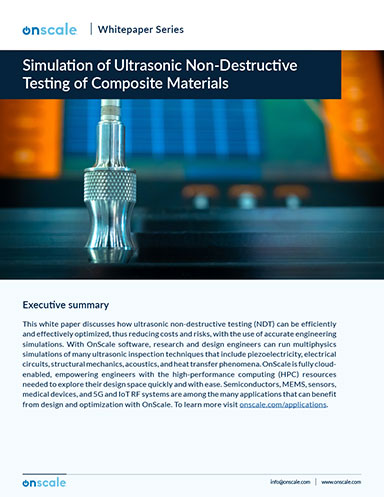Latest News
August 16, 2011
By DE Editors
MicroGen Systems Inc. and Cornell University’s Cornell Nanoscale Facility have collaborated to develop battery-free sensors that can operate in anything that spins, rolls, jiggles or shakes, like car tires and clothing dryers. The battery device is a tiny sheet of a piezoelectric material that generates electricity when mounted on a shock-resistant base and is flexed.
Vibration (e.g. a spinning automobile wheel) causes the tiny flap to swing back and forth, generating current that charges an adjacent thin-film battery. The prototype is about the size of a quarter and puts out up to 200 microwatts. As circuits become smaller and need less power, the size of the device can also shrink.
MicroGen is working with R. Bruce van Dover, professor of materials science and engineering at Cornell University, to refine the technology, particularly to develop a version that can withstand high temperatures, aiming for sensors in jet engines.
For more information, visit MicroGen Systems Inc. and Cornell Nanoscale Facility.
Sources: Press materials received from the company and additional information gleaned from the company’s website.
Subscribe to our FREE magazine, FREE email newsletters or both!
Latest News
About the Author
DE’s editors contribute news and new product announcements to Digital Engineering.
Press releases may be sent to them via [email protected].





